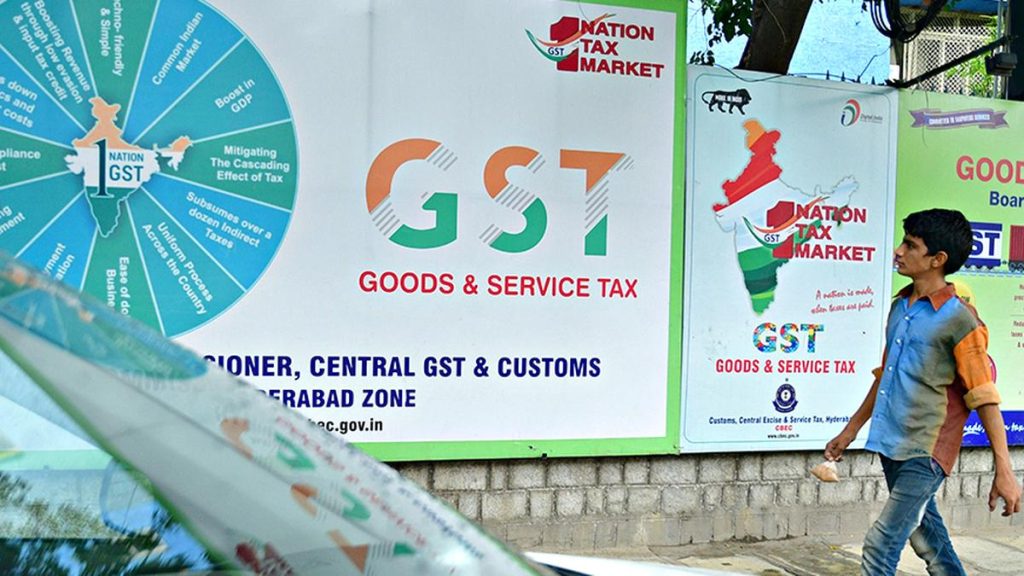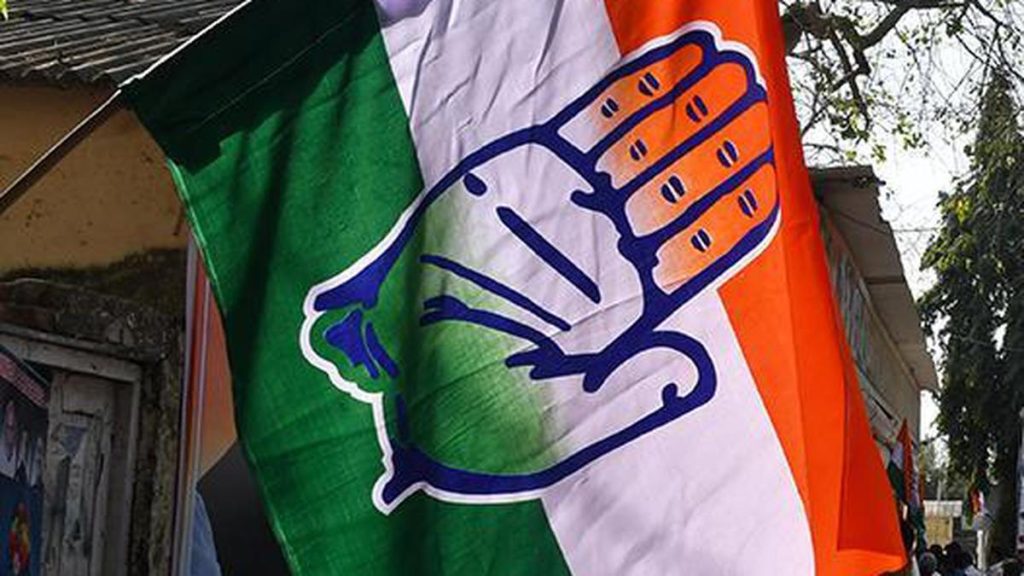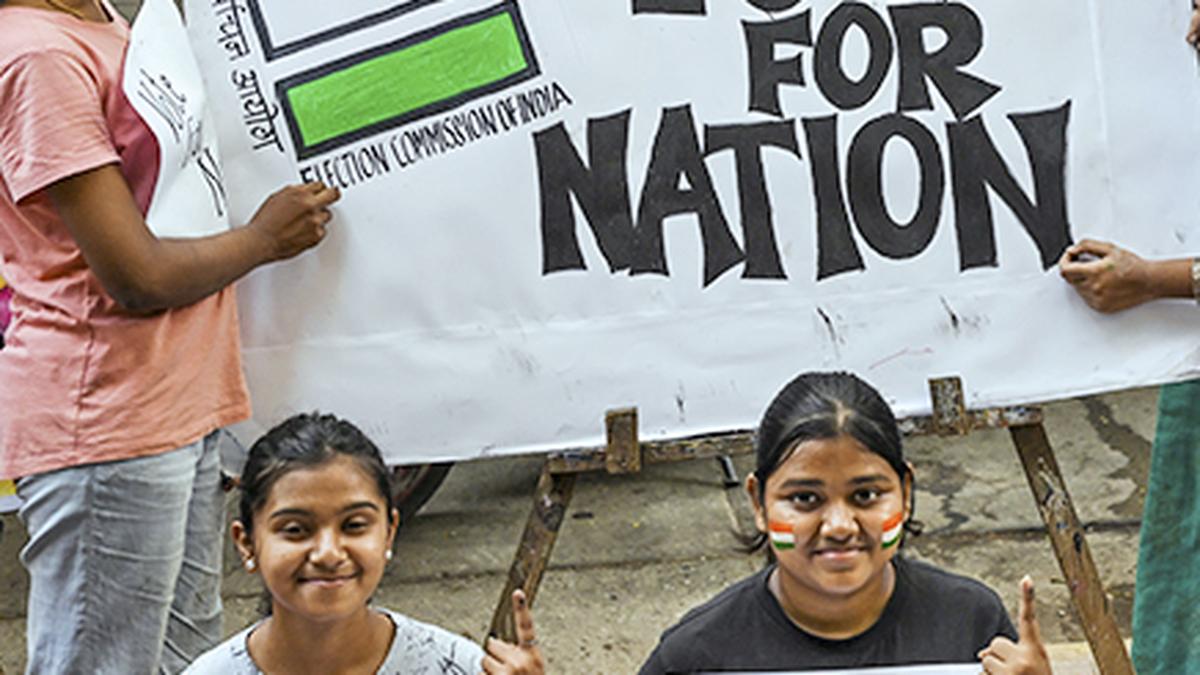Now Reading: From Casinos to Crypto: The New Frontier of Money Laundering
-
01
From Casinos to Crypto: The New Frontier of Money Laundering
From Casinos to Crypto: The New Frontier of Money Laundering

Quick Summary
- Manjunath, a cab driver from Hyderabad, was summoned by Bengaluru South East Cyber Crime Police after money from a cyberfraud landed in his account.
- Investigation revealed teh transaction was initiated by his landlord, Eshwar, after visiting a casino in Sri Lanka. The casino refunded Eshwar using money linked to cybercrime proceeds.
- Links between casinos and cybercriminal networks were uncovered. Casinos reportedly use fraud networks for payment disbursement and laundering funds internationally.
- Several laundering methods were identified: hawala transactions, cryptocurrency exchanges, online betting apps offering untraceable payments, and mule accounts for obfuscating fraud trails.
- Banking system gaps like lax KYC protocols allowed creation of thousands of mule accounts daily (4,000 average as per I4C).
- Law enforcement agencies struggle due to delayed responses from banks (up to 30 days) and jurisdictional complexities involving multi-layered transactions across states/countries.
- Karnataka police issued partial solutions like lien-marking mule accounts instead of freezing them entirely but faced challenges with multi-victim claims on the same account.
Indian Opinion Analysis
The rise of sophisticated cyberfraud techniques intersecting with global establishments like casinos unveils alarming trends in India’s battle against financial crimes. Loopholes in banking regulations-poor KYC enforcement and delays in action-exacerbate the issue by enabling criminals to create networks of ‘mule’ accounts that muddy investigative trails.The involvement of encrypted systems such as cryptocurrencies further complicates authorities’ ability to trace funds or rebuild defrauded victims’ finances.
While initiatives like the Karnataka Police’s new lien-marking strategy aim at streamlining fund recovery processes for victims without hampering legitimate account activity completely, thier efficacy still sees limits when multiple fraud cases overlap. Broader systemic reforms including rapid interbank responses within golden-hour windows could significantly enhance outcomes for victims while diluting criminal gains.
Government agencies such as ED’s expanded role provide hope but are insufficient without operational efficiency improvements at every level-from banking checks to mechanisms simplifying cross-jurisdictional investigations involving international footprints. India’s fight against these increasingly complex financial crimes demands technological upgrades alongside stronger regulatory frameworks combining systemic vigilance with legal adaptability.
Read more: Source























